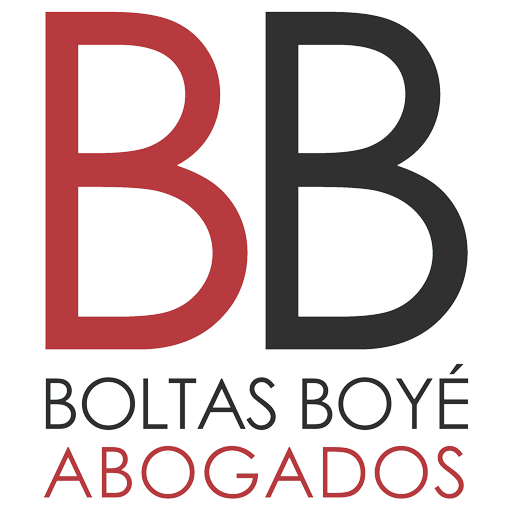To legally rent a property for tourist use, a series of requirements established by the government and municipalities where the property is located must be met, with different requirements in each of them.
In the case of Catalonia to rent a property for tourist use, the first step begins with the need to request a HUT number, which stands for “ Habitatge d’Us Turístic” (“Housing for Tourist Use”) or tourist use license.
Información detallada
The requirements to obtain a rental license for tourist use
- The property must have a Certificate of Occupancy (or license of first occupation). This certificate establishes the number of people who can occupy the house.You cannot rent to more people (at the same time) than those established in it.
- If the property is in an urbanization or community of owners, holiday rental must not be prohibited by the statutesor community rules.
- The house must have all the furniture, appliances and equipment to be occupiedand used
- The owner must provide a contact number (personal or a representative) that must be operational 24 hours.
The administrative procedure to obtain the license for housing for tourist use varies according to each municipality, as well as the rate to be paid, but once the application is submitted it will be sent to the Directorate General of Tourism of the Generalitat of Catalonia, which will be the body in charge of assigning the HUT number Once this number has been granted, the owner will have access to an online platform where each guest staying in the house must register, with personal data, identity card or passport number and length of stay.
Types of accommodation and tourist establishments
Dwellings/houses for tourist use
A dwelling for tourist use is owned by a private person who rents it for days and in an intermittent non-professional manner.Thus, it is that which is offered, entirely, by its owner, directly or indirectly, to third parties, in exchange for a price, for periods of time equal to or less than 31 It must be legalized by the corresponding municipality.
The municipal ordination of uses of the sector where the dwelling is located may limit or condition this use.
The Statutes of the community of owners, registered in the Land Registry, may also limit this use in buildings subject to the horizontal property regime.
Tourist apartments
These are buildings usually managed by companies.Tourist apartments are establishments that provide temporary accommodation services in buildings constituted entirely by apartments or studios, as single establishments or as business units of exploitation with the corresponding tourist services. They do not have to have a certificate of habitability.
Rural tourism
Also known as “rural houses “. This type of license applies to rural accommodation that offers tourist services. This type of business, in addition to the activity license, also requires an opening license. They are defined as those establishments that offer lodging in rural rooms or houses on a regular basis by price and that are located in a rural environment, outside or within a population centre of less than 1,000 inhabitants, integrated into existing buildings prior to 1950 , and respectful with the architectural typology of the area.
At the same time, they are divided into 4 different modalities:
- Farmhouse: Single-family dwelling outside the population nucleus that the owner shares with tourists and where accommodation service is provided in rooms and at least breakfast) ,
- Masoveria: Single-family housing outside the town centre that is rented as a whole house ) ,
- Shared village house: Single-family dwelling within the population nucleus shared by the owner with tourists and where accommodation service is provided in rooms and at least breakfast.
- Independent town house: single-family dwelling outside the town centre that is rented under the regime of whole house ).
